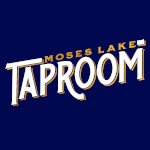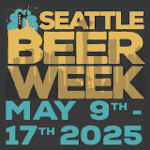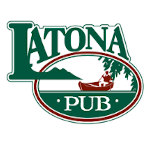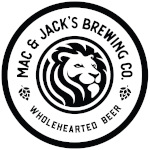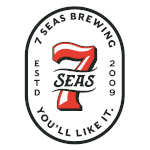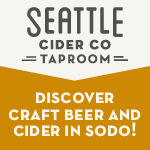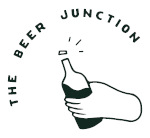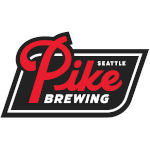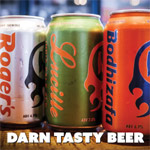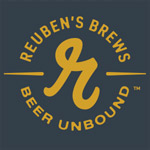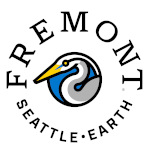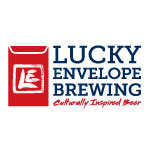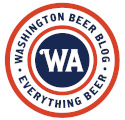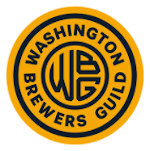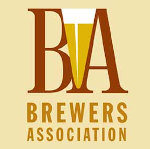Hotels have routinely featured mini bar units throughout their facilities, which simultaneously satisfy travelers’ needs of comfort and pleasure. Travelers and vacationers find comfort from the silent yet informative connection offered by the mini bar just before bed. Do you ever stop to consider which items hotel mini bar managers decide to place in their selections? Hotels arrange their mini-bars meticulously to align with their brand identity while representing their customer demographics, apart from being small refrigeration storage with miscellaneous items.
Hotels monitor their shelf choices in mini-bars as a strategic business practice. Hotels nowadays no longer provide unappetizing peanuts or insufficiently chilled drinks. Most hospitality businesses now offer premium artisan chocolate selections as well as organic energy drink options. These improved offerings strongly reveal the changes taking place in hospitality. The mini bar functions as both a beverage center and promotional instrument, which gently affects guest opinions about the brand and strengthens their loyalty to the brand.
Customizing the Hotel Experience Through Branding
The minibar now exhibits widespread use of private-label merchandise as a major industry trend since the previous decade. Since hotels either make them independently or collaborate with local specialty manufacturers, they develop branded products that have exclusive status. Hotels benefit from special offerings that create market distinction but also provide guests with exceptional, memorable hotel stays. Hotels provide lavender-infused sparkling water that comes from their nearby farming partner, alongside gourmet trail mix containing their branded logo with interesting background stories on each package. These packaged snacks serve as narrative messengers among other things.
Custom branding provides hotels with a luxurious and unique purchasing experience. Many hotel guests use social media to showcase their opened mini bar items and later ask hotel personnel about restocking options. Such a marketing strategy delivers considerable impact to guests even without using traditional advertising methods. Hotels gain full control of product quality and pricing by using their own branded mini bar items, thus creating benefits for both management staff and hotel guests.
Local Love and Global Influence
The contemporary mini bar function reveals its connection to the cultural aspects of the area where it is located. The numerous boutique hotels across the world continue to introduce locally-made items into their hotel rooms. Hotels situated near seacoasts feature handmade sea salt caramel chocolates alongside local distilled spirits while mountain resort spaces serve handmade dehydrated meats and herbal tea potions produced from native plant elements. The considered mini bar additions tap into both local character and charm while satisfying guests’ desires for snacks.
Hotel companies operating worldwide establish local-first policies which maintain standardization across their international locations. The combined methods allow guests to recognize the parent brand but they also get immersed in location-specific experiences. This combination of known and new elements creates assurance with excitement in a satisfying and engaging way. The purchased items form unique memories since they don’t exist anywhere else besides these hotels. The mini bar answers both functional needs and develops into a fundamental travel experience.
Why Private Label Products Are Gaining Popularity
At the core of this shift in the hospitality industry is a thriving sector of niche experts focused on building bespoke brand experiences through custom hotel products. Among them, Private Label Specialties sets the bar by transforming ordinary beverages into signature hotel indulgences think custom-branded juices, sparkling waters, or even exclusive champagne blends. These tailored drinks aren’t just refreshments; they’re immersive brand extensions that elevate the guest experience.
The advantages of private-labeled beverages stretch far beyond their sleek packaging. For hotels, the strategy opens up new revenue streams, heightens guest enjoyment, and strengthens brand loyalty. Picture a traveler who becomes enamored with a hotel’s signature hibiscus spritzer crafted by Private Label Specialties and finds themselves reminiscing about that refreshing moment long after checkout. Through these customized drinks, hotels are turning mini bars into marketing powerhouses, ensuring that each sip leaves a lasting impression.
Personalization Meets Convenience
Private label mini bar products have gained acceptance from hotels because personalization has become more important to consumers. Guests of today seek customized travel experiences down to the most minor elements. High-end properties incorporate personalized minibar stocking that occurs following guest preference sharing during the booking process. A wellness-minded traveler receives electrolyte drinks and organic dried fruits and kombucha from their private bar selection while wine enthusiasts will find boutique vintages waiting.
Providing personalized services delivers substantial improvements to guest satisfaction. People who receive personal treatment from brands develop emotional bonds with these brands. The investment in hospitality will generate positive reviews, combined with increased social media engagement, along with dedicated customers who repeatedly visit. The mini bar exists as an important engagement channel that extends beyond practical use to deliver strategic advantages in overall customer interactions.
Sustainable Tech in the Next-Gen Mini Bar
Technology and sustainability are also reshaping the future of minibars. Smart fridges now track consumption and restocking needs, allowing hotels to manage inventory more efficiently. Guests can even order from their mini-bar through mobile apps, customizing selections in real time. Meanwhile, sustainability efforts are leading to more eco-conscious packaging and a push for biodegradable or reusable containers.
As climate consciousness grows, many hotels are opting for locally sourced, low-impact products that reduce their carbon footprint. Water is being offered in recyclable aluminum bottles instead of plastic, and snacks come in compostable wrappers. The combination of technology and sustainability ensures that the mini bar continues to evolve in ways that serve both the environment and guest expectations. It’s a far cry from the one-size-fits-all approach of decades past.
Small Fridge, Big Impact
The tiny beverage section has progressed into a sophisticated feature that evolved from its simple origins. Before society started appreciating the mini bar’s value, it was subjected to derision because of its expensive pricing model, but today it serves as a creative branding tool along with personal hospitality initiatives. The contents of a hotel mini bar reveal both its branding identity and organizational service goals through a selection of local goods and elite exclusive products. Nowadays, hotels focus on creating emotional impressions through their goods because personal experience matters more than the goods themselves.
Your hotel mini bar contains well-considered contents that deserve appreciation whenever you open it. Each bottle, every food item, and branded product contains stories that want to be discovered by the reader. Hotels that want to create enduring memories through their experiences can build them up from multiple small stories that create a whole extraordinary guest experience.






